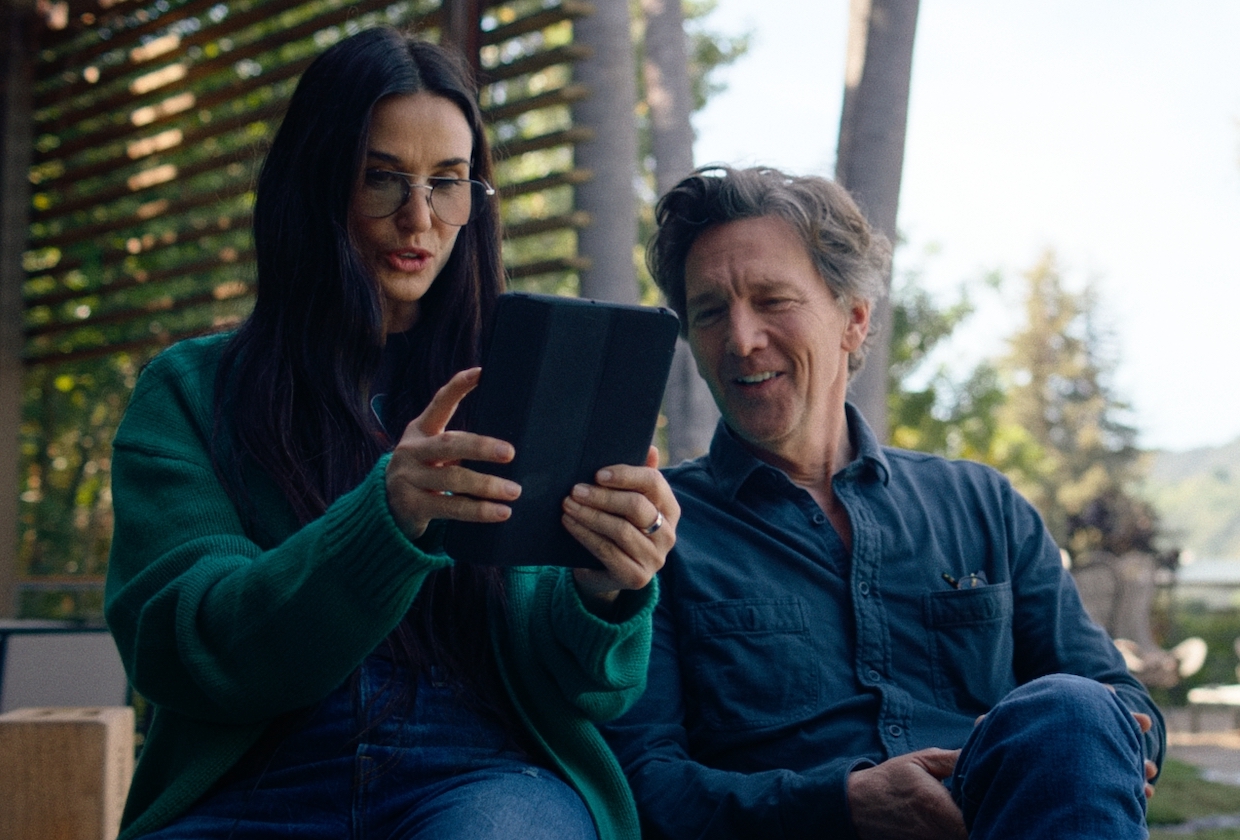Review
Watching Brats is like flipping through an old high school yearbook: a nostalgic trip that reminds you of where you’ve been, who you were, and how the labels we carry can linger far longer than we expect. For those who grew up on the films of the "Brat Pack," this documentary feels like a warm, if slightly uneven, reunion.
Andrew McCarthy positions himself as both the interviewer and the subject, clearly yearning to unravel the cultural phenomenon that sprang from a single magazine article. The term "Brat Pack" became a double-edged sword, elevating a group of young actors to iconic status while also boxing them into a narrative they didn’t all agree with—or want. McCarthy himself has spent decades grappling with the term, and Brats seems as much a therapeutic exercise for him as it is a documentary for the audience.

The film shines brightest when it explores the pop culture impact of the "Brat Pack." It’s fascinating to see how films from that era, targeted at teenagers, fundamentally changed the landscape of cinema. It was the golden age of teen angst, oversized blazers, and movie soundtracks that defined a generation. Brats serves as a love letter to this pivotal time, while also acknowledging the complex emotions tied to its legacy.
McCarthy’s conversations with his former co-stars provide moments of genuine connection, but they often skim the surface. While it’s intriguing to see how each star reacted to the infamous label and how their careers diverged, the discussions occasionally feel like they’re tiptoeing around deeper issues. Some stars embraced the label, some resented it, and others—noticeably absent from the film—might have found it too painful to revisit.

At times, Brats feels less like investigative journalism and more like a personal quest for closure. McCarthy seeks validation for his experiences, hoping to align them with those of his peers. However, not everyone shares his perspective, and their differing views add a layer of complexity that the documentary doesn’t fully explore. The runtime is too long but perhaps Brats might have worked better as a multi-episode series, delving deeper into how the "Brat Pack" era affected each member differently.
The most engaging part of this documentary is the exploration of 1980s film culture. Brats reminds us how the decade transformed young actors into stars and made teens a coveted audience demographic. For fans of the era, the nostalgia is irresistible—by the end, you’ll likely find yourself queuing up classics like The Breakfast Club or St. Elmo’s Fire.
Ultimately, Brats is more about McCarthy’s personal reconciliation than an in-depth cultural critique. It doesn’t dig as deeply as it could, but it does leave you with a renewed appreciation for the films and stars of that era. If nothing else, it gives McCarthy—and perhaps the audience—a sense of closure.
Final Thoughts
Brats is a reflective, if imperfect, tribute to the "Brat Pack" era. While it doesn’t break new ground, it offers enough nostalgic charm to make it a worthwhile watch for fans of 1980s cinema. Just don’t expect a hard-hitting exposé—this is more of a heartfelt goodbye to a label that never quite let go.

























